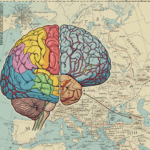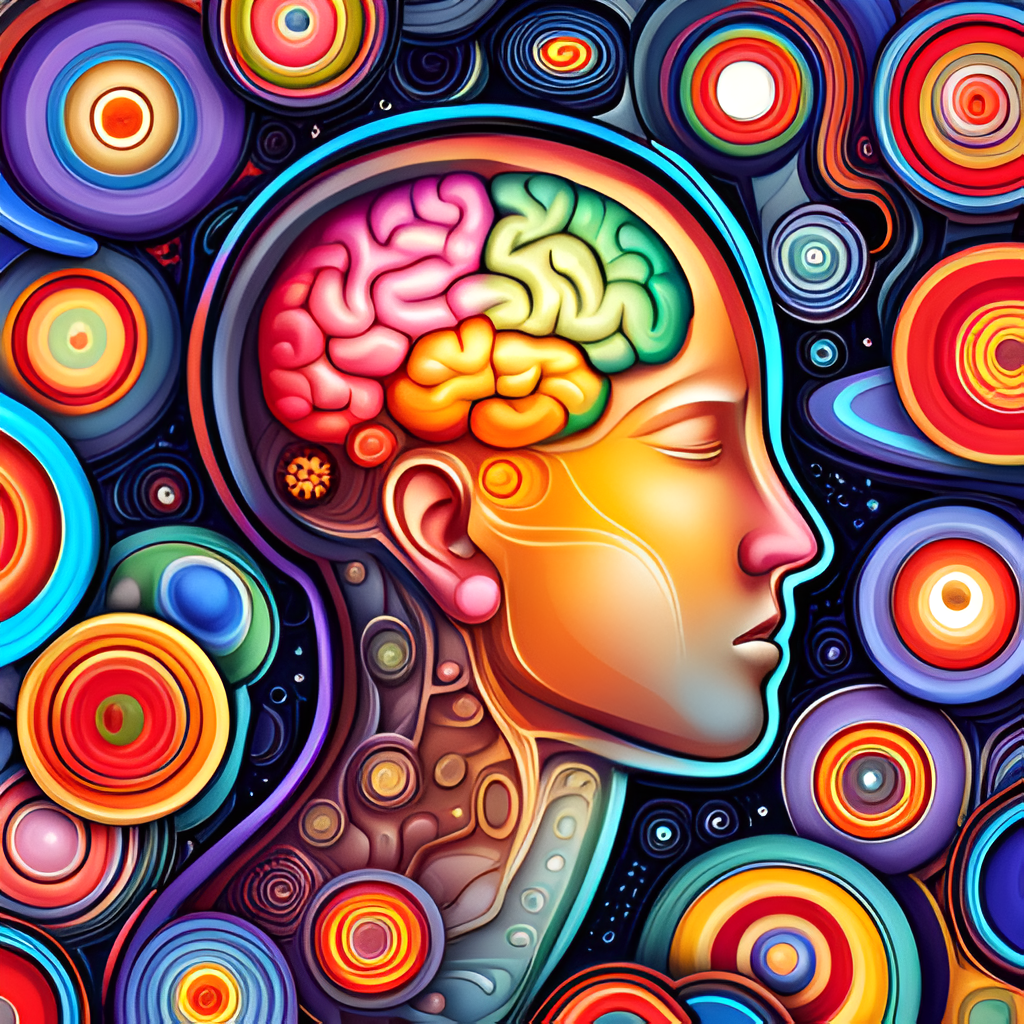Neurotransmitters and Sleep
Sleep is a vital component of overall health and well-being, and neurotransmitters play a crucial role in regulating sleep patterns. Two key neurotransmitters involved in sleep are serotonin and melatonin. Serotonin helps to regulate the sleep-wake cycle, while melatonin is responsible for inducing sleepiness at night. Imbalances in these neurotransmitters can lead to insomnia and other sleep disorders.
There is growing interest in developing new treatments for sleep disorders that target specific neurotransmitter systems. For example, medications that increase levels of GABA, an inhibitory neurotransmitter, have been shown to improve sleep quality in some individuals. Similarly, drugs that target orexin, a neurotransmitter involved in wakefulness, may be useful in treating narcolepsy and other disorders characterized by excessive daytime sleepiness.
Neurotransmitters and Nutrition
Proper nutrition plays a crucial role in maintaining healthy neurotransmitter levels. Certain nutrients, such as amino acids and vitamins, are essential for the production and function of neurotransmitters in the brain. For example, tryptophan is an amino acid that is converted into serotonin, a neurotransmitter that regulates mood and appetite. Similarly, vitamin B6 is necessary for the synthesis of dopamine, a neurotransmitter involved in motivation and reward.
In addition to supporting neurotransmitter function, dietary interventions may also be effective in treating mental health disorders. For example, research has shown that omega-3 fatty acids found in fish oil can reduce symptoms of depression and anxiety. Furthermore, studies have suggested that a diet rich in fruits, vegetables, and whole grains may lower the risk of developing depression and other mental health disorders.
Neurotransmitters and Technology
Recent advances in technology have opened up new possibilities for treating mental health disorders by targeting specific neurotransmitter systems. One promising approach involves the use of transcranial magnetic stimulation (TMS), a non-invasive technique that uses magnetic fields to stimulate nerve cells in the brain. TMS has been shown to be effective in treating depression and other mood disorders, and researchers are exploring its potential for treating other conditions as well.
Another area of research involves the development of drugs that target specific neurotransmitter receptors in the brain. For example, drugs that target the serotonin system have been used to treat depression and anxiety disorders, while drugs that target the dopamine system have been used to treat addiction. As our understanding of the brain and its neurotransmitter systems continues to grow, we can expect to see more innovative and targeted treatments for mental health disorders in the future.
Neurotransmitters and the Gut-Brain Connection
Recent research has revealed a fascinating connection between neurotransmitters and the gut microbiome. The gut is home to trillions of microorganisms that play a crucial role in digestion, metabolism, and immune function. These microbes also produce neurotransmitters such as serotonin, dopamine, and GABA, which can affect mood, behavior, and cognition.
The gut-brain connection is a two-way street, with signals traveling from the brain to the gut and vice versa. Studies have shown that disruptions in the gut microbiome can lead to changes in neurotransmitter production and activity, which may contribute to mental health disorders such as anxiety and depression. Conversely, interventions that target the gut microbiome, such as probiotics and dietary changes, have shown promise in improving symptoms of these disorders.
Neurotransmitters and Creativity
Recent research has shown that certain neurotransmitters play a crucial role in creativity. Dopamine, for example, is known to be involved in the brain’s reward system and can promote motivation and pleasure, which can lead to increased creativity. On the other hand, too much dopamine can lead to addiction and impulsive behavior, which can hinder creativity.
Similarly, serotonin has been linked to mood regulation and can affect creativity depending on its levels in the brain. Low levels of serotonin have been associated with depression and anxiety, which can negatively impact creativity. However, too much serotonin can lead to feelings of contentedness and complacency, which can also hinder creative thinking.
Conclusion: The Importance of Neurotransmitters
In conclusion, neurotransmitters play a crucial role in regulating behavior, mood, and overall mental health. We explored the major types of neurotransmitters and their functions, including dopamine, serotonin, acetylcholine, norepinephrine, GABA, and glutamate. We also discussed how imbalances in neurotransmitter levels can lead to mental health disorders and the various treatment options available.
It is important to understand the significance of neurotransmitters in our daily lives and take steps to maintain healthy levels through diet, exercise, and lifestyle changes. As we continue to advance in neuroscience research, there is potential for new treatments and interventions that target specific neurotransmitter systems and improve overall mental well-being.








